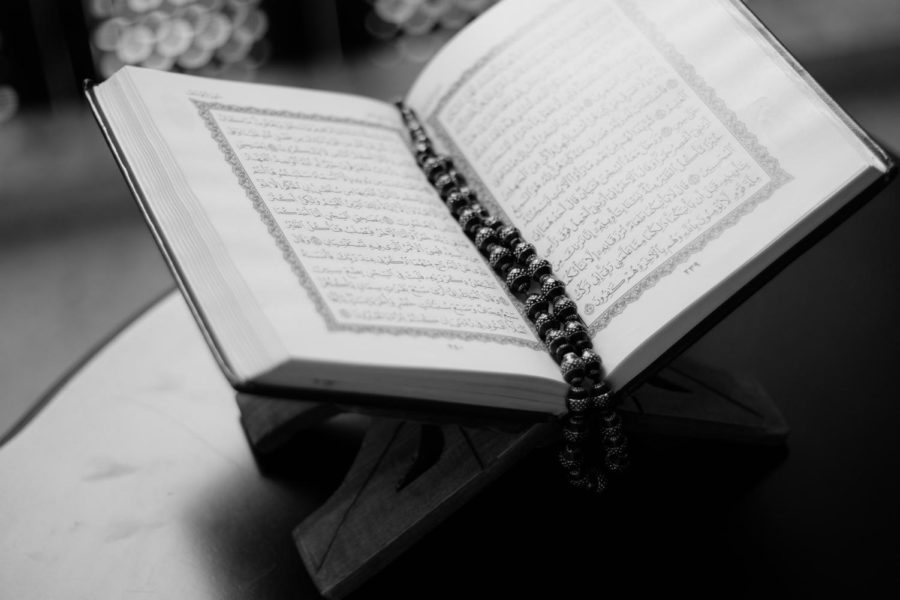Ramadan- The Holiest Month
Ramadan is the holiest month in the Islamic calendar marked by fasting, reflection, charity and prayers. The beginning of Ramadan is based on the sighting of the first crescent Moon, it is also during the ninth month of the Islamic lunar calendar. Ramadan’s start date moves up about 11 days every year. Muslimss all over the world do not eat and drink, including water from sunrise to sunset. After the month of fasting, there is a three-day holiday called Eid ul-Fitr where families get together, exchange gifts and wear fancy traditional clothing.
Fasting during the holy month of Ramadan is the fourth pillar of Islam. Before dawn, people eat a meal called “soor.” The dusk meal is called “iftar.” Muslims are encouraged to break their fast with date, which is a type of fruit. Young children, women who are pregnant, breastfeeding or on their periods, the elderly, people who are travelling and people with health problems, are not expected to fast. Fasting improves self-discipline, compassion and sympathy to the poor for whom hunger is a common experience. Fasting also has several health benefits, including weight loss, improved blood sugar control, and decreased inflammation.
Ramadan is an opportunity for Muslims to self-reflect by looking into yourself and re-evaluating your morals, ethics, and belief. It is a time to apologize to the people you wronged and forgive people for the sake of Allah. Letting go of anger and resentment is good practice that helps us move beyond petty differences and focus on the good in our relationships. Muslims are encouraged to start and finish the Quran. In addition, Muslims should pray more, or at least, start praying the five obligatory prayers.
If they are able to, Muslims are obligated to donate to charities around the world. If they are not able to donate, there are a lot of volunteering opportunities available in the community or their local Masjid.

